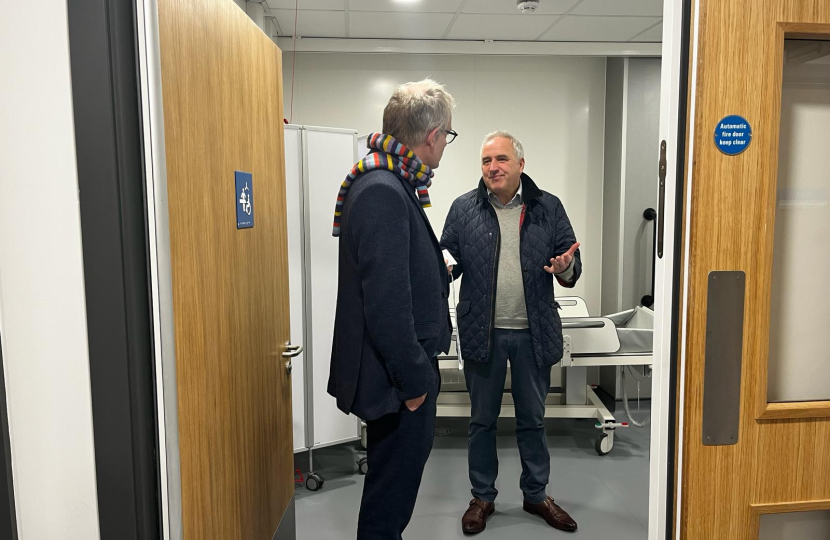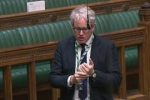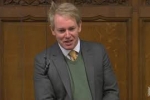
The NHS is one of the foundations of our society. We depend on it at every stage of our lives. The Government has made the biggest investment in the NHS in its history, increasing its budget by 45% since 2019. 40 new GPs and primary care nurses have been recruited to work in our constituency in that time.
But it is much too hard to see a doctor or a dentist. Waiting times for hospital appointments remain far too long. And too often the NHS struggles to provide the flexible, timely, cost-effective and compassionate care that people need.
The NHS is rightly popular because of its commitment to deliver healthcare for free, based on need not ability to pay - and because of its heroic staff. The funding it has received has enabled it to invest in new equipment and medicines that have been of huge benefit to millions of people, and enabled more of us to live longer despite serious health conditions.
Aneurin Bevan’s dream of providing all the healthcare needs of the whole population via a single Government department was always going to be difficult to achieve. But it was easier in an age when people only needed a doctor occasionally and for short periods - before we had an ageing population, before widespread obesity, before one in four working-age people had long-term chronic health conditions.
The future model of the NHS should not be a topic for political warfare. We need a conversation as a country about how to fund and deliver the core aspiration we all believe in: top quality care for everyone, regardless of their ability to pay. And alongside this we need to organise a far better system of social care - the non-medical help given to people recovering from ill health, with disabilities, or in old age - that doesn’t disproportionately penalise people who have worked hard and saved for their retirement.
My sense of what the NHS should be like was confirmed by the conversation I had with a famous Marlborough doctor, Dr Nick Maurice, who is himself the last in a long line of Dr Maurice’s in Marlborough going back to the 1790s. Nick explained to me what local family doctoring was like when he was a young GP in the 70s and 80s. There was less demand, so he could spend proper time with patients. Patients themselves took more responsibility for their health - partly because diet and ‘natural exercise’ (walking more) were so much better. And front-line health professionals were trusted to get on with their jobs without a vast bureaucracy overseeing, and second-guessing, their every move. You can watch the recording of our conversation in Marlborough Town Hall here.
The future NHS will look very different from the one we made in the 1940s. But some of the old ideas - the human-shaped health service, and one available equally to everyone - need to be recovered.
The same goes for the social care system. The council spends 60% of its income supporting people in their homes, and in residential care. But too many people struggle to get the support they need; family carers are not supported enough by the benefits system; care workers are underpaid (which partly accounts for our high immigration numbers); and people who have worked hard and saved money to buy a house or investment, are penalised by care costs while the taxpayer looks after everyone else. The whole system needs reform and following extensive conversations locally, I have written and spoken about what a better care system would look like (see here).









